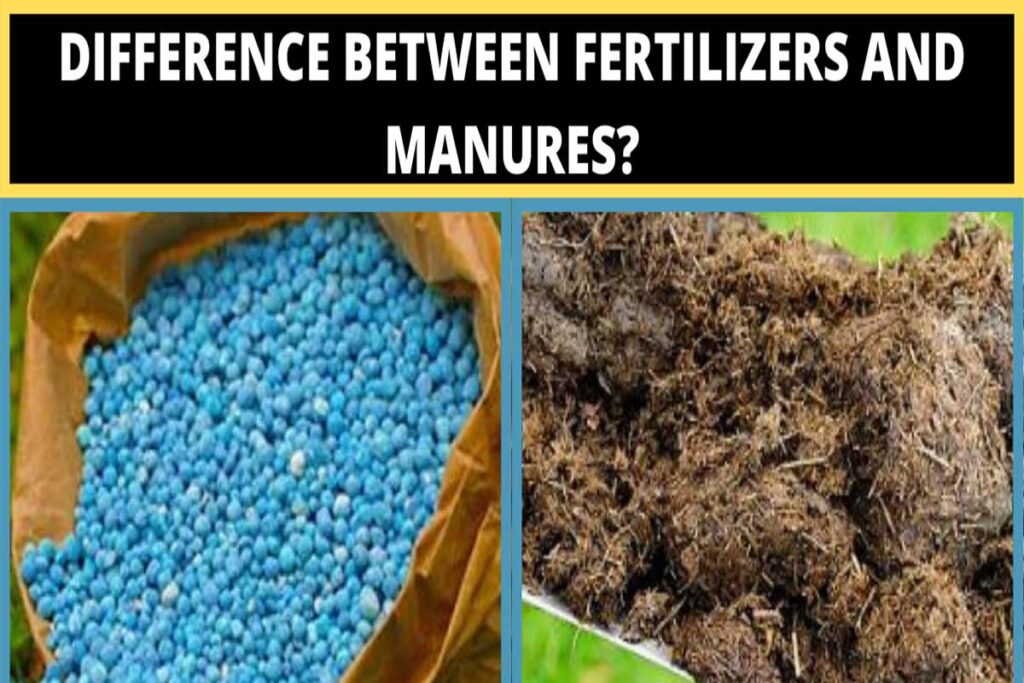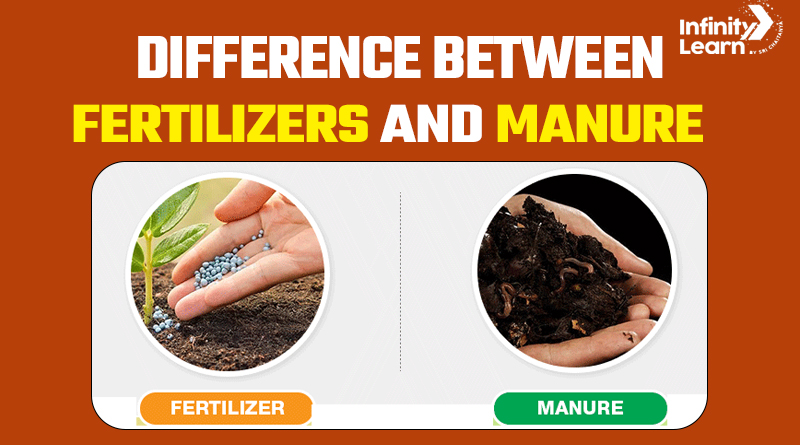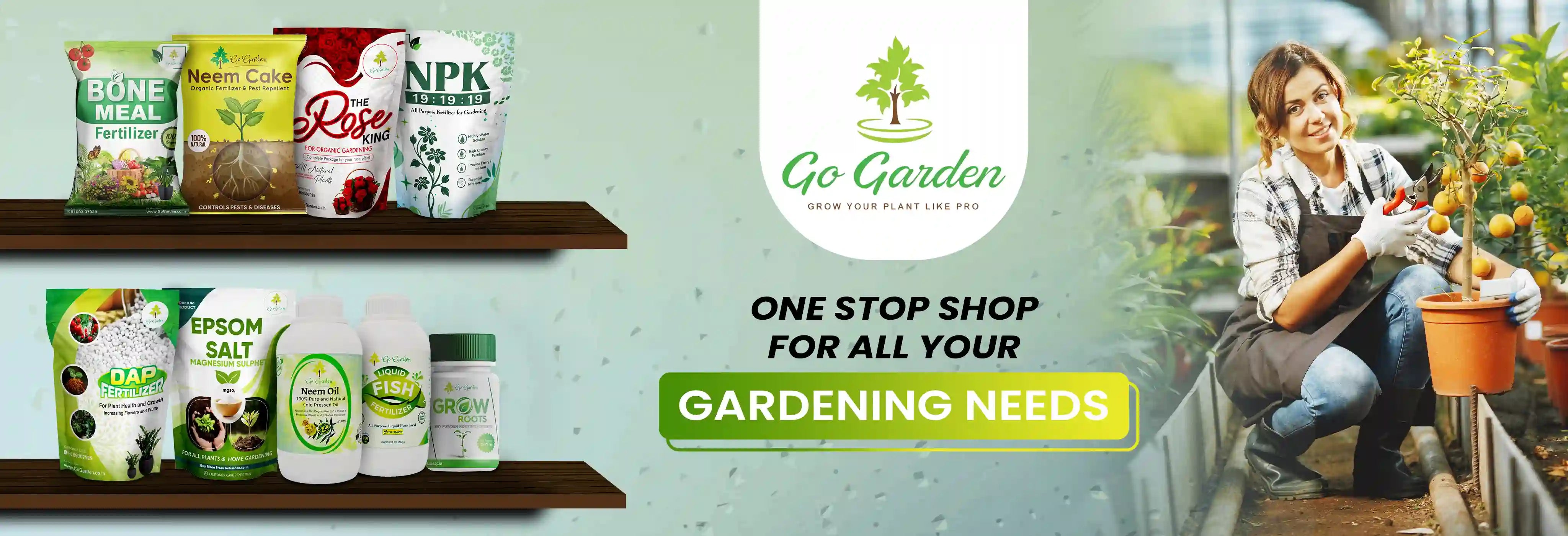Ever wondered about the best way to nourish your plants and boost your garden's growth? You've likely come across two popular options: manure and fertilizer. While both aim to provide essential nutrients, they work in different ways and offer distinct advantages. Understanding the difference between manure and fertilizer is key to making informed decisions for your gardening needs.
Are you curious about whether to enrich your soil naturally or opt for a more targeted approach? Do you want to know which option is better for the environment and your plants in the long run? This article will delve deep into the difference between manure and fertilizer, exploring their compositions, benefits, drawbacks, and how to use them effectively.
Get ready to uncover the secrets to healthy soil and thriving plants as we explore the fascinating world of manure and fertilizer. We'll break down the complexities and provide you with clear, actionable insights to help you make the best choice for your garden or farm.
Unlock the power of nature or harness targeted nutrients. Discover the best path to vibrant growth by understanding the difference between manure and fertilizer.
Table of Contents
ToggleDifference Between Manure and Fertilizer
At their core, both manure and fertilizer serve the purpose of supplying nutrients to plants, enabling them to grow strong and healthy. However, the source and the way they deliver these nutrients differ significantly. The fundamental difference between manure and fertilizer lies in their origin and composition.
Manure is organic matter derived from animal waste (like cow dung, poultry droppings, or horse manure) and sometimes includes decomposed plant material (green manure). It's a natural product that has been used for centuries to improve soil health and fertility. On the other hand, fertilizers are either naturally occurring or synthetically manufactured substances that contain specific concentrations of essential plant nutrients, such as nitrogen (N), phosphorus (P), and potassium (K), often represented as NPK ratios.
The manure and fertilizer difference extends beyond their composition to their effects on the soil. Manure not only provides nutrients but also improves soil structure, water retention, and microbial activity. Fertilizers, especially synthetic ones, primarily focus on delivering a quick boost of specific nutrients directly to the plants.
Key Differences Between Manure and Fertilizer
- Origin: Manure is organic and naturally derived; fertilizer can be organic or synthetic.
- Nutrient Content: Fertilizers have high nutrient concentration; manure has lower but more balanced nutrients.
- Soil Impact: Manure improves soil texture and microbial life; fertilizers provide quick nutrients but may reduce soil fertility if overused.
- Cost and Availability: Manure is generally cheaper and locally sourced; fertilizers can be costly and manufactured industrially.
- Absorption Rate: Fertilizers are absorbed quickly by plants; manure releases nutrients slowly over time.
What is Manure?
Manure is essentially decomposed organic matter, primarily animal excrement, that is used as a natural fertilizer. It's a rich source of nutrients and beneficial microorganisms that contribute to overall soil health. Let's explore the different aspects of manure.
Types of Manure
There are various types of manure, each with its own nutrient profile and characteristics:
- Farmyard Manure (FYM): This typically consists of a mixture of animal dung, urine, and bedding materials like straw or hay. It's a well-balanced source of nutrients and organic matter.
- Poultry Manure: Derived from chickens, ducks, or turkeys, poultry manure is generally richer in nitrogen and phosphorus compared to FYM. It needs to be composted properly before use to avoid burning plants due to its high nutrient concentration.
- Green Manure: This involves planting specific crops (like legumes, grasses, or buckwheat) and then plowing them back into the soil while they are still green. Green manure helps improve soil structure, add organic matter, and fix nitrogen (in the case of legumes).
- Composted Manure: Any type of manure can be composted, which is a process of decomposition that breaks down the organic matter into a stable, nutrient-rich form. Composting reduces odor, kills harmful pathogens, and makes nutrients more readily available to plants.
Benefits of Using Manure
Using manure offers a multitude of benefits for your soil and plants:
- Improved Soil Structure: Manure helps bind soil particles together, creating better aggregation. This improves aeration, drainage in clay soils, and water retention in sandy soils.
- Enhanced Water Retention: The organic matter in manure acts like a sponge, increasing the soil's ability to hold water, which is crucial during dry periods.
- Increased Microbial Activity: Manure provides food for beneficial soil microorganisms, which play a vital role in nutrient cycling and overall soil health.
- Slow-Release Nutrients: Manure releases nutrients gradually over time, providing a sustained supply to plants and reducing the risk of nutrient leaching.
- Source of Micronutrients: Besides the major nutrients (NPK), manure also contains essential micronutrients that are vital for plant growth.
- Environmentally Friendly: Using manure is a natural way to recycle organic waste and reduce the need for synthetic fertilizers.
How to Use Manure
The way you use manure can significantly impact its effectiveness. Here are some general guidelines:
- Composting is Recommended: Fresh manure can be too strong for plants and may contain harmful pathogens. Composting helps break it down and makes it safer to use.
- Apply Before Planting: Incorporate well-composted manure into the soil before planting seeds or seedlings.
- Top Dressing: You can also apply a layer of composted manure around existing plants as a top dressing.
- Avoid Over-Application: Too much manure can lead to nutrient imbalances and potential harm to plants. Follow recommended application rates.
- Consider the Source: Be aware of the source of the manure, as some animal feed may contain herbicides that can persist in the manure and harm your plants.
What is Fertilizer?
Fertilizers are substances, either natural or synthetic, that are added to the soil to supply one or more essential plant nutrients. They are typically formulated to provide specific nutrients in readily available forms. Let's delve deeper into the world of fertilizers.
Types of Fertilizers
Fertilizers can be broadly categorized into two main types:
- Organic Fertilizers: These are derived from natural sources such as plant and animal waste. Examples include bone meal, blood meal, fish emulsion, and composted materials. They release nutrients more slowly and also contribute to soil health.
- Inorganic (Synthetic) Fertilizers: These are manufactured chemically and contain precise amounts of specific nutrients in readily soluble forms. They provide a quick and direct nutrient boost to plants. Common examples include urea, ammonium nitrate, and superphosphate.
Within these categories, fertilizers can also be classified based on their nutrient content:
- Straight Fertilizers: These contain only one primary nutrient, such as urea (nitrogen) or potassium chloride (potassium).
- Compound Fertilizers: These contain two or more primary nutrients in a specific ratio, often indicated by the NPK value (e.g., 10-10-10 or 20-20-20).
Benefits of Using Fertilizers
Using fertilizers offers several advantages, particularly when a quick nutrient supply is needed:
- Precise Nutrient Delivery: Fertilizers allow you to provide plants with the exact nutrients they need in the right proportions.
- Rapid Nutrient Availability: Especially synthetic fertilizers release nutrients quickly, providing a fast boost to plant growth.
- Easy to Apply: Most fertilizers are easy to handle and apply, whether in granular, liquid, or powder form.
- Targeted Solutions: Specific fertilizers are formulated to address particular nutrient deficiencies in plants.
How to Use Fertilizers
Proper application of fertilizers is crucial to maximize their benefits and avoid potential harm:
- Follow Instructions Carefully: Always read and follow the manufacturer's instructions on the fertilizer packaging regarding application rates and methods.
- Apply at the Right Time: Different fertilizers are best applied at different stages of plant growth. For example, high-nitrogen fertilizers are often used during early vegetative growth.
- Avoid Over-Fertilization: Applying too much fertilizer can burn plant roots, lead to nutrient imbalances, and harm the environment.
- Consider Soil Testing: Before applying fertilizers, it's beneficial to get your soil tested to determine which nutrients are actually needed.
- Different Application Methods: Fertilizers can be applied by broadcasting (spreading evenly over the soil), banding (placing in furrows near the plants), or foliar spraying (applying directly to the leaves).
Manure vs Fertilizer: A Detailed Comparison
Now that we have a basic understanding of both manure and fertilizer, let's compare them across various aspects to highlight their key differences:
| Feature | Manure | Fertilizer |
|---|---|---|
| Origin | Primarily animal waste and decomposed plant matter (organic) | Natural or synthetically manufactured (can be organic or inorganic) |
| Nutrient Content | Lower concentration, contains a wide range of macro and micronutrients, slow release | Higher concentration of specific nutrients (NPK), can be fast or slow release depending on the type |
| Impact on Soil Structure | Significantly improves soil structure, aeration, and water retention | Minimal direct impact on soil structure (organic fertilizers offer some improvement) |
| Microbial Activity | Enhances beneficial soil microbial activity | Can sometimes harm soil microbes, especially synthetic fertilizers if overused |
| Environmental Impact | Generally more environmentally friendly, recycles organic waste, lower risk of leaching if used properly | Synthetic fertilizers can contribute to water pollution through runoff and leaching, and their production can be energy-intensive |
| Cost | Often readily available and inexpensive, especially if you have livestock | Cost varies depending on the type and nutrient concentration |
| Ease of Use | Can be bulky and require handling, composting may be necessary | Generally easy to handle and apply in various forms |
| Speed of Action | Slower release of nutrients, providing long-term benefits | Faster release of nutrients, providing a quick boost to plant growth |
Environmental Impact: Manure vs Fertilizer
When considering the difference between manure and fertilizer, their environmental impact is a crucial factor. Manure, when managed properly, can be a sustainable way to recycle organic waste and improve soil health naturally. However, improper storage and application of manure can lead to issues like nutrient runoff, water pollution, and greenhouse gas emissions.
Synthetic fertilizers, while effective in providing quick nutrients, have a higher potential for negative environmental impacts. Overuse can lead to nutrient leaching into groundwater and runoff into surface waters, causing eutrophication (excessive growth of algae that depletes oxygen). The production of synthetic nitrogen fertilizers is also an energy-intensive process that contributes to greenhouse gas emissions.
Organic fertilizers generally have a lower environmental impact compared to synthetic ones. They release nutrients more slowly, reducing the risk of leaching, and they contribute to soil health. Choosing the right type and using both manure and fertilizers responsibly is essential for minimizing environmental harm.
Choosing Between Manure and Fertilizer
The best choice between manure and fertilizer depends on your specific needs, resources, and goals. Here are some factors to consider:
- Soil Condition: If your soil lacks organic matter and has poor structure, manure can be highly beneficial in improving its overall health.
- Nutrient Requirements: If your plants have specific nutrient deficiencies that need to be addressed quickly, a targeted fertilizer might be more suitable.
- Availability and Cost: Manure might be readily available and cost-effective if you have access to animal waste. Fertilizers can vary in cost depending on their type and nutrient content.
- Time and Effort: Handling and composting manure can be more labor-intensive than applying commercial fertilizers.
- Environmental Concerns: If you prioritize sustainable gardening practices, manure and organic fertilizers are generally preferred.
In many cases, a combination of both manure and fertilizers can be the most effective approach. Using manure to improve soil health and structure while supplementing with specific fertilizers when needed can lead to optimal plant growth and a healthy ecosystem.
Frequently Asked Questions - FAQS
Q. What is the main difference between manure and fertilizer?
A. The primary difference between manure and fertilizer is their origin. Manure is organic matter from animal waste, while fertilizers are natural or synthetic substances containing specific nutrient concentrations.
Q. Is manure better than fertilizer for my garden?
A. Not necessarily. Manure improves soil health and provides slow-release nutrients, while fertilizers offer a quick boost of specific nutrients. The best choice depends on your specific needs.
Q. Can I use both manure and fertilizer together?
A. Yes, using both manure and fertilizer can be beneficial. Manure improves soil structure, and fertilizers can address specific nutrient deficiencies for optimal plant growth.
Q. How often should I apply manure to my garden?
A. It's generally recommended to apply well-composted manure once or twice a year, typically before planting or as a top dressing during the growing season.
Q. Are there any risks associated with using manure?
A. Yes, fresh manure can burn plants and may contain harmful pathogens. It's best to use well-composted manure and avoid over-application.
Q. What are the NPK values in manure?
A. The NPK values in manure vary depending on the animal source and handling. Generally, they are lower than in commercial fertilizers and are released more slowly.
Q. Are organic fertilizers better than synthetic fertilizers?
A. Organic fertilizers are generally considered more environmentally friendly and improve soil health, while synthetic fertilizers provide a quick and precise nutrient boost.
Q. How do I know which fertilizer my plants need?
A. The best way to determine your plants' fertilizer needs is to conduct a soil test. This will reveal any nutrient deficiencies that need to be addressed.
Q. Can I make my own manure at home?
A. Yes, if you have certain animals like rabbits or chickens, you can collect their droppings and compost them to create your own manure.
Q. Where can I buy manure and fertilizer?
A. You can typically buy manure from local farms, garden centers, or landscaping suppliers. Fertilizers are widely available at garden centers, hardware stores, and online retailers.
Conclusion
Understanding the difference between manure and fertilizer is crucial for anyone looking to nurture healthy and productive plants. Manure offers a holistic approach by improving soil structure, enhancing microbial activity, and providing a slow release of a wide range of nutrients. Fertilizers, on the other hand, provide a more targeted and often faster way to deliver specific nutrients. By considering the benefits and drawbacks of each, along with your specific gardening needs and environmental concerns, you can make informed decisions to create a thriving garden or farm.
Remember that both manure and fertilizers play valuable roles in plant nutrition. Often, the most effective strategy involves using them in combination to leverage the strengths of each. Whether you choose the natural richness of manure or the precise power of fertilizers, the goal remains the same: to provide your plants with the nourishment they need to flourish.





